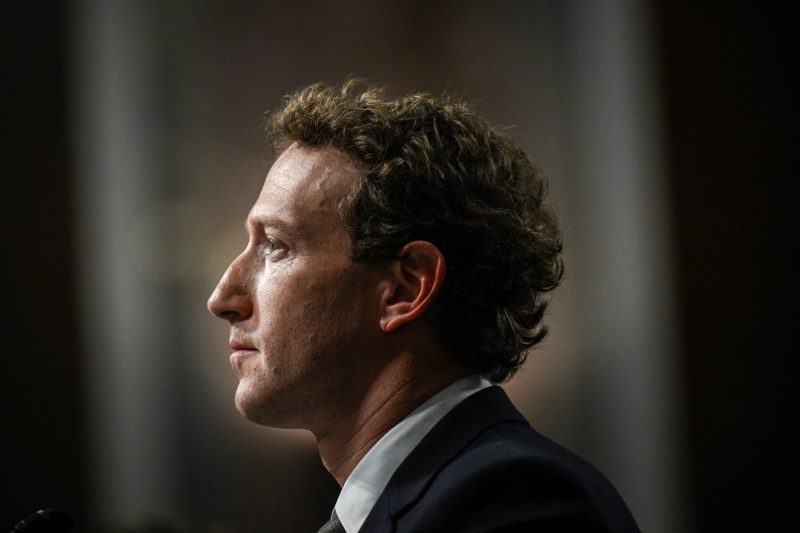In a recent turn of events, lawmakers have directed their attention towards tech giant Facebook and its subsidiary Instagram, calling upon CEO Mark Zuckerberg to provide concrete evidence of how the platforms are combatting the proliferation of illicit drug ads. This crackdown comes amidst growing concerns over the promotion and sale of illegal substances through social media channels, raising questions about the accountability of tech companies in safeguarding users from harmful content.
The issue of illicit drug advertising on social media platforms is not a new one, with reports indicating a significant uptick in such activities in recent years. From opioids to designer drugs, these substances have found a robust marketplace online, facilitated by the anonymity and reach offered by platforms like Facebook and Instagram. This insidious trend has stark implications for public health and safety, as users, particularly younger demographics, are inadvertently exposed to harmful substances and potential addiction triggers.
Lawmakers have cited the inherent risks associated with illicit drug ads on social media, highlighting the need for stringent measures to curb their proliferation. The onus, they argue, lies squarely on companies like Facebook and Instagram to implement robust monitoring and enforcement mechanisms to prevent such content from reaching vulnerable audiences. Failure to do so not only compromises user safety but also raises ethical and legal concerns regarding the platforms’ role in fueling the illicit drug trade.
Mark Zuckerberg’s response to lawmakers’ concerns will undoubtedly shape the trajectory of Facebook and Instagram’s stance on addressing illicit drug ads. The CEO’s testimony and the subsequent actions taken by the platforms will be scrutinized for their efficacy in curbing this pervasive issue. With mounting pressure from regulatory bodies and the public, Facebook and Instagram are compelled to take swift and decisive action to safeguard their user base and uphold their corporate responsibility.
As the digital landscape continues to evolve, the issue of illicit drug advertising on social media serves as a sobering reminder of the challenges posed by the unregulated online marketplace. It underscores the need for increased collaboration between tech companies, lawmakers, and law enforcement agencies to create a safer online environment for users. Ultimately, the outcome of this inquiry will not only shape the policies of Facebook and Instagram but also set a precedent for how tech companies engage with illicit activities on their platforms.
In conclusion, the call for transparency and accountability from Mark Zuckerberg and his team at Facebook and Instagram signals a critical juncture in the ongoing battle against illicit drug advertising on social media. The outcome of this inquiry will reverberate across the tech industry, underscoring the need for proactive measures to mitigate the dissemination of harmful content online. Only through collective action and unwavering commitment to user safety can we hope to create a digital ecosystem that prioritizes responsibility and integrity.


























